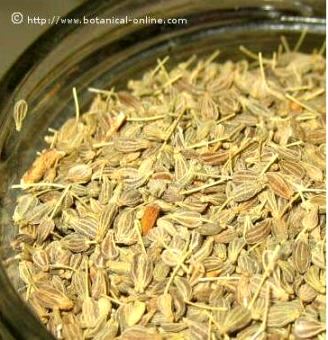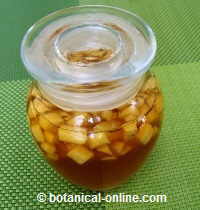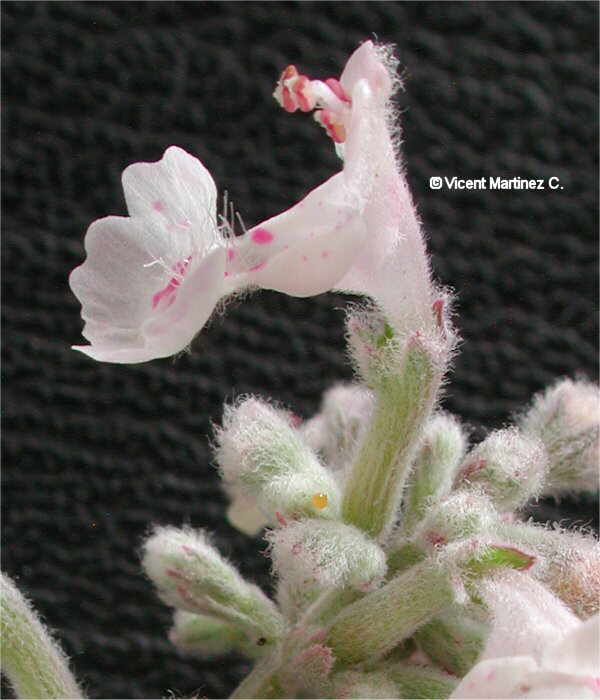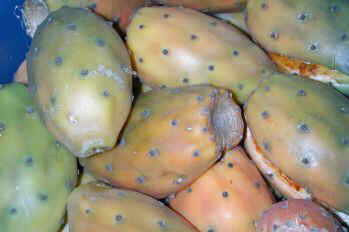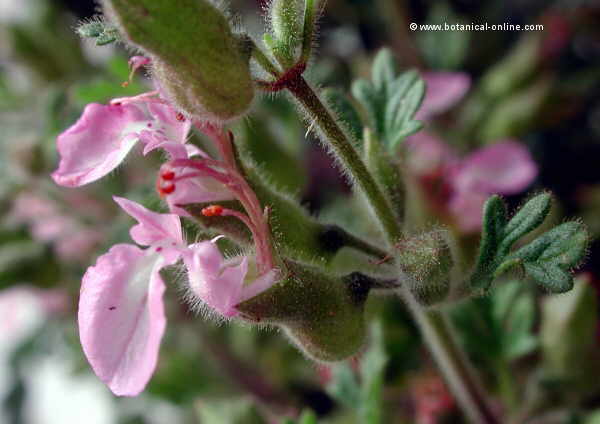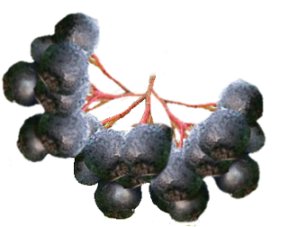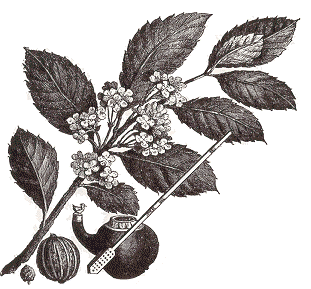Contents [show]
DANGERS OF BLACKTHORN
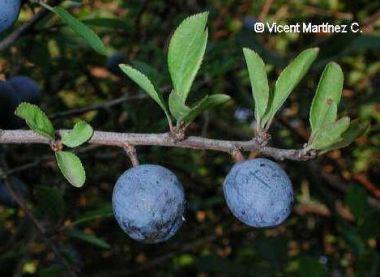
Photo of blackthorn fruits
What is blackthorn?
Blackthorn (Prunus spinosa) is a tree of the Rosaceae family, the one to which the apple or almond belongs.
The fruits of the plant are rich in tannins, organic acids and vitamin C. It has applications as an astringent, anti-inflammatory and tonic because it contains flavonoids.
The leaves and flowers should be prescribed by a doctor because of the presence of prussic acid in its composition, which the body breaks down into toxic principles (cyanogenic glycosides).
As with other plants of the same family, the seeds of the fruits are poisonous because they contain certain amounts of hydrogen cyanide, a potent poison.
* More information on the toxicity of blackthorn in the listing below.
What contraindications blackthorn has?
- Eating lots of fruits: the fruits are rich in tannins, which, in high doses, can irritate the gastric and intestinal mucosa. Taking large amounts of fruits can cause gastritis or other digestive problems, so is not recommended for people who already suffer from gastritis, hiatal hernia or digestive ulcers.
- Constipation: because it contains tannins, blackthorn treatments can aggravate constipation. Fruit jam, during cooking, looses these components and it is not astringent. The flowers of the plant are laxative.
The leaves and blossoms should be prescribed by a physician due to the presence of certain amounts of prussic acid in its composition, a toxic principle.
- Pregnancy and lactation: treatments with blackthorn leaves and flowers during pregnancy and lactation are contraindicated. The seeds are poisonous. Although fruits are edible, they should be taken in moderation because they contain tannins.
![]() More information on blackthorn.
More information on blackthorn.


